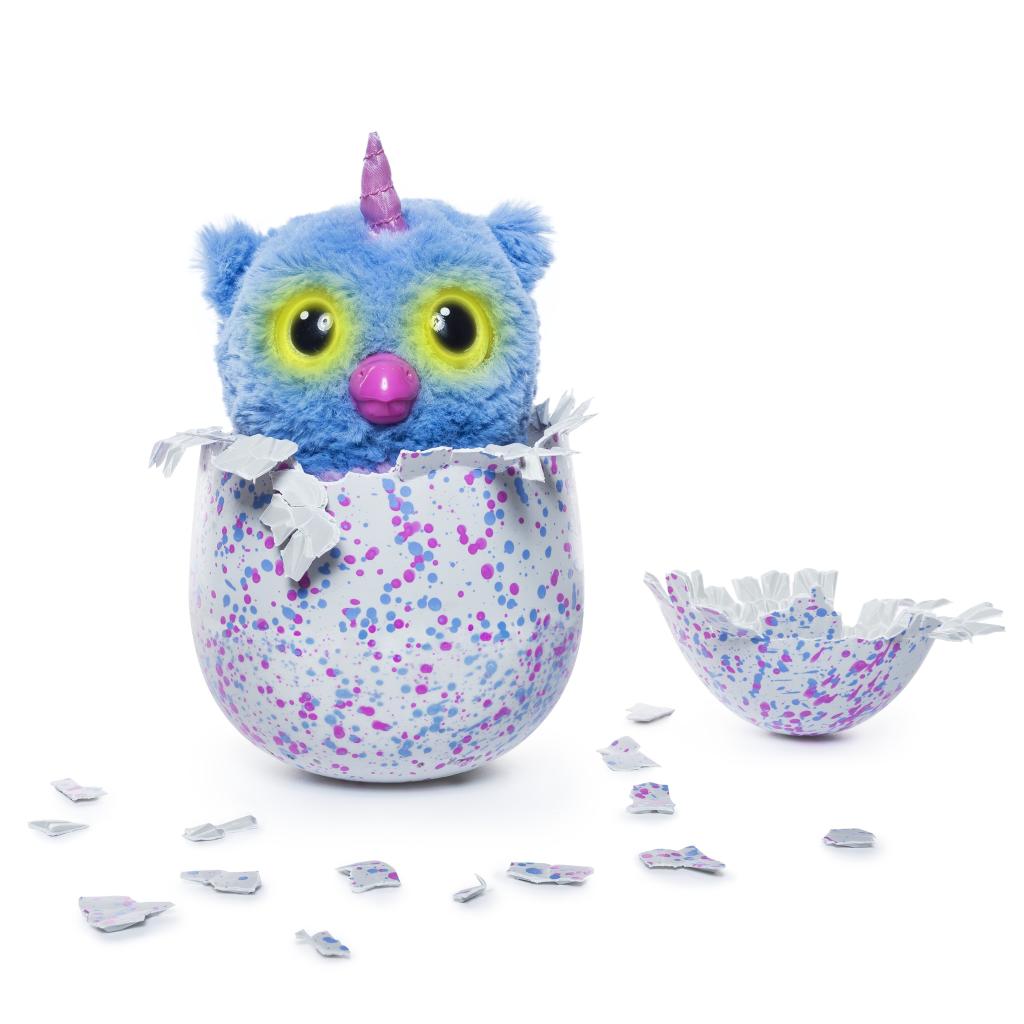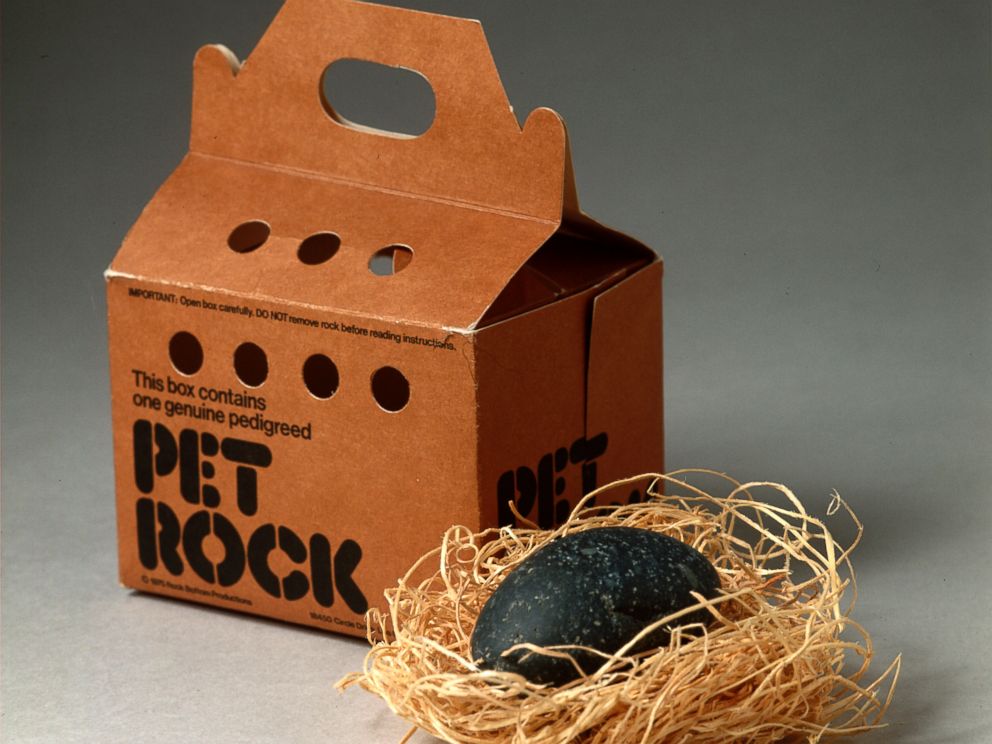The metaphor could not be more apt: A best-selling author attempts to raise funds to free a prisoner by selling the year’s must-have toy–a cute mammal that hatches from an egg. But now Sara Gruen (Water for Elephants, At the Water’s Edge) finds herself trapped in a storm of angry parents, unfriendly journalists, and difficulties reselling her haul.
—-
The Big Gift this year: the Hatchimal.
Does your child need it? Well, no. Want it? Probably. Are you a bad parent if you don’t get one? Indisputably.
Stories flood the internet: parents incensed by price markups, a father flying to Spain to get one of the elusive toys for his son, the “totally insane” ten weeks endured by the toy’s creator. The makers of Hatchimals have posted an apology for the short supply and a promise that more eggs will hit toy store shelves early in 2017. Their splash page also explains exactly how to use (“play with”) your Hatchimal.
What is a Hatchimal, exactly? (We confess we had to look it up.) Well, it’s a battery-operated toy that starts out in an egg; by caressing the egg (with the batteries activated), the doting owner encourages a shy mammal to fight its way out. Once it’s out, it wants to be played with, and it passes through distinct stages of baby- and toddler-hood. It whimpers when it’s hungry and it eventually learns to vibrate into a sort of walk. With all its cute sounds and eerily flashing eyes, it is a robot somewhat less than Fabergé-ready, one that craves helicopter parenting as long as its batteries are fresh.
Originally priced at around $40 and now going for $150 or more in resale–and even marked up in big-box stores–the toys break many codes of the Animal Kingdom. First, all of them have fur, yet all of them hatch from eggs. Second, they are hybrids of birds and mammals, even mythical beings (the “Owlicorn”). And they want much more human coddling than any real egg or robot is likely to accept … but as with every ideal relationship, they are easy to walk away from when the fun is over.
Yes, they are emotional investment without consequences, easy to abandon even without a glib “It’s not you, it’s me.” The Hatchimal doesn’t care. The Hatchimal won’t stalk you or haunt you or do anything but remind you one day, from its cozy nest among your vintage Beanie Babies, that it once meant the world to you.
For now, the Hatchimal inspires fierce passion among its owners, who proudly post videos on YouTube to show their babies emerging. One young man has posted the “largest hatching of Hatchimals on YouTube … the most exciting video I have ever done in my entire life,” five at once. Other videos illustrate how the little things vibrate, flash their eyes, and make noises to show they want attention.
So Hatchimals are the latest in faux pets, like the Pet Rocks of the 1970s or the many electronic “animals” and “babies” demanding regular care on an easily turned off cell phone or other device. The difference is that these hatchlings are also cuddly–sort of. Though we haven’t actually held one, we guess from the pictures that the quality of the fur is similar to what you’d find at a carnival or Coney Island. (Let the hate mail begin.)
For Sara Gruen, Hatchimals now represent something much, much more, and there’s no peaceful parting of the ways. In a statement about “Hatchimal-Gate” on her website, she writes about receiving a fan letter from Chuck Murdoch, who was committed to life without parole twenty-three years ago. His letter was profoundly moving, in part because one of his grandmothers had somewhat inspired her mega-hit (a must-have book for grown-ups), Water for Elephants. And Murdoch is–as Gruen determined through countless hours of research, education, and travel totaling what she she estimates at hundreds of thousands of dollars–innocent.
Gruen decided she could not just walk away and leave Murdoch in his box.
Having spent such considerable sums of her own money on researching an appeal for Murdoch’s case, Gruen hoped to recoup some of her investment and raise more funds by buying Hatchimals on eBay and reselling them at appropriately inflated prices. She ended up with “156 of the goofy toys,” as she writes–and then hit a wall at eBay, where the Powers of Resold Merchandise had decreed a weekly limit on the number of Hatchimals sold (apparently to avoid fraud and fakes). When she took her online shop elsewhere, angry emails began pouring in, complaining that she was exploiting little kids’ hunger for the toy of the moment and trying to make an easy buck (she gave four toys to families who couldn’t afford the marked-up prices). She even became the butt of a joke by Jimmy Kimmel.

Happy Hatchimal play by Spin Master.
This may sound more like a Festivus roasting than a Christmas miracle, and it certainly calls the “spirit of Christmas” into question all sorts of ways.
But Gruen and her husband remain determined to fight for Murdoch’s freedom–and to divest themselves of Hatchimals. As she writes in her statement, “In the end, thanks to the people who bought through my store, I made enough to cover about 3% of our accrued costs and had a handful of Hatchimals left to give away. More importantly, the legal team decided it was time to provide information about the case, and that’s exactly what I intend to do. If the cost of getting Chuck’s story some attention is that I suffer some embarrassment over toys, it will have been worthwhile.”

A Hatchimal naked of both egg and furry suit, courtesy of a YouTube user.
Above: a Hatchimal naked of both egg and furry suit, courtesy of a YouTube user.
Read Gruen’s full account of her story on her website.
sc
Pet Rock image by ABC News.
Hatchimals images by Spin Drift and Toys R Us.













